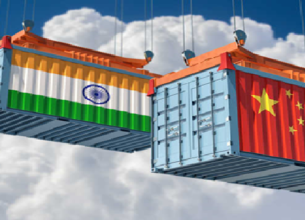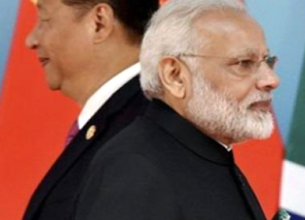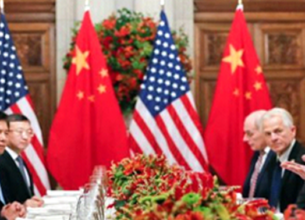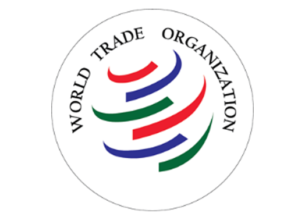BREXIT AND ITS IMPACT
05, Feb 2020

Prelims level : International Policies & Schemes
Mains level : GS-II Effect of Policies and Politics of Developed and Developing Countries on India’s Interests, Indian Diaspora.
Why in News?
- The United Kingdom (U.K.) has finally left the European Union (EU) recently after it took the historical decision to leave EU in June 2016.
About Withdrawal Agreement:
- Under this agreement, a transition period of 11 months has finalised until December 2020. However, it might get delayed until 2022 or 2023.
- During this period, the U.K. will continue to participate in the EU’s Customs Union and in the Single Market.
- The U.K. will apply EU law even if it is no longer a Member State and will also continue to abide by the international agreements of the EU.
- The transition period makes sure that there is not a sudden shock but a degree of continuity and allows both parties to secure an orderly Brexit, minimising disruption for the citizens, businesses, public administrations, as well as for the International Partners.
What are its impacts with EU?
- By leaving the EU, the U.K. automatically, mechanically, legally, leaves hundreds of international agreements concluded by or on behalf of the EU, to the benefit of its Member States, on topics as different as trade, aviation, fisheries or civil nuclear cooperation.
- However, with just 11 months to negotiate, there are only chances of very basic and minimal deals covering trade, fisheries and security.
- In that case, at the end of 2020, differing aspirations for the trade talks might raise the prospect of a new no-deal scenario.
- In the absence of a deal, the earlier accord on citizens’ rights, money and the Irish border will remain intact.
- Both of them will have to be ready for the economic shift in trading on World Trade Organization (WTO) terms.
- The first priority is the trade deal to ensure the tariff and quota-free flow of goods between the EU and U.K.
- However, the EU will only agree to zero tariffs and zero quotas if the U.K. pledges zero dumping – that is, not lowering social and environmental standards to outcompete the EU.
- Negotiations will clash over the EU’s refusal to bring services into the trade deal.
- The EU seeks to link goods trade to maintaining the status quo on access to British waters which is considered to be a matter of concern for the U.K., so it might give rise to clashes.
- Even the non-trade subjects will be full of political troubles because the EU Member States will have to change their policies according to the new deals and the regulations.
What are the Impacts on India?
- India has had strong historical ties with the U.K. and currently, it is one of India’s most important trading partners. In the last four years alone, the number of Indian companies investing in the U.K. has quadrupled.
- It is important to see how India and the U.K. can manoeuvre through Brexit and enter into new trade agreements that are mutually beneficial to both economies.
- Brexit will directly impact not only the Indian stock market but the global market in totality, including the emerging markets in the world. This is because of the high volatility in the pound.
- Both the U.K. and EU account for 23.7% of Rupee’s effective exchange rate. With Brexit, foreign portfolio investments will outflow and will lead to the weakening of the rupee.
- India’s businesses based in the U.K. will be hampered as till now they had border-free access to the rest of Europe.
- The investors are concerned as India invests more in the United Kingdom than the rest of Europe combined.
What are the Impacts on the other World countries?
- Brexit will weaken the EU economically and politically. The U.K. was the EU’s second-biggest economy (after Germany) a major net budget contributor, key military force and one of the bloc’s two nuclear powers (another one is France) and permanent UN security council members.
- The U.K.’s departure has distracted attention from a number of other big and urgent problems, including the Climate Crisis.
- In the longer term of balancing of global powers, a smaller Europe can be a weaker Europe in the face of an ambitious China and an increasingly protectionist US.
















